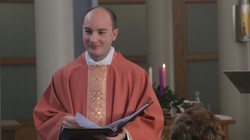 Fr. Daniel
Fr. Daniel We were lucky enough to have Fr. Daniel Sandham, Vicar of Brownswood Park (@sjebp) come to address the School's Philosophy Society on the matter of Sex, Marriage and Sexuality in the Church of England. This is a topic relevant to all students studying Religious Studies or Philosophy and Ethics from Year 10 and above at our School. This report was written by one of our Year 10 students who attended the talk:
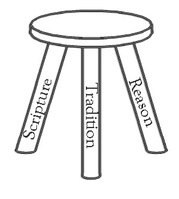

"The majority of students were fairly lenient towards the idea of pre-marital sex; however, the topic of adultery caused much more controversy. We found that, according to the Bible and Anglican beliefs, adultery is wrong. Divorce was another issue up for much discussion and, although the Bible and Jesus condemn divorce, we discovered that the Church of England allows the marriage of divorcees at the discretion of the Vicar, showing a certain acceptance.
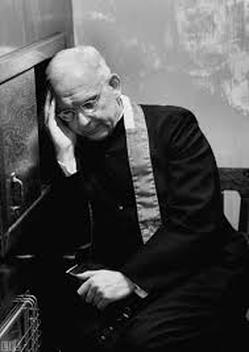
"Finally, we summed up our learning with some scenarios as if we were listening to confession, provoking much debate, such as whether a person’s autonomy allows them to sin against others or if adultery can be considered acceptable in a broken relationship. This concluding activity allowed us to culminate our new knowledge to formulate pastoral responses as a priest has to do every day. Overall, the talk was informative and really interactive, making it enjoyable and hugely beneficial to our learning".
So it is that marriage in Anglicanism is a mixture of the different kinds of love (Eros and Agape) but at its heart is Agape; a marriage echoes Christ's love for his Church and so those in relationships should be prepared to sacrifice anything for the other. But at the same time the Church recognises that people are fallen and that this ideal is not always achieved but certainly should be striven for.


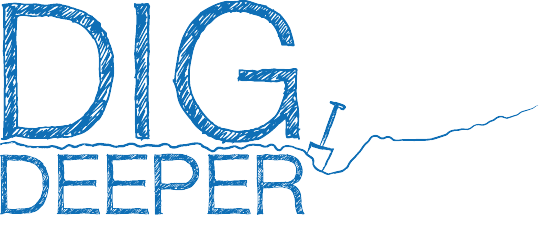

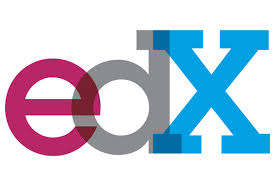

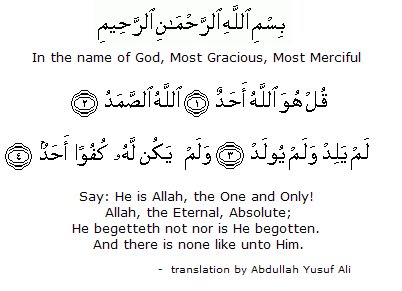
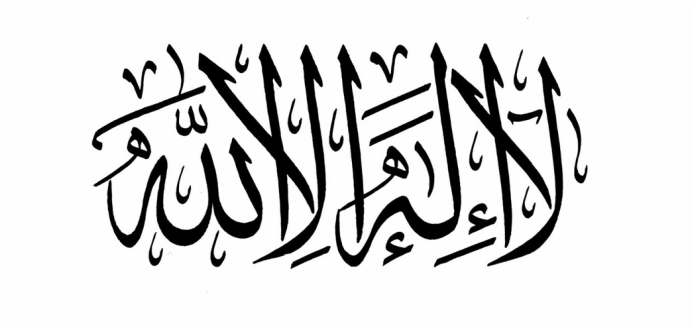

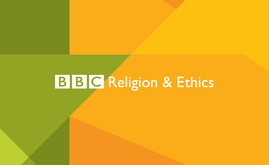
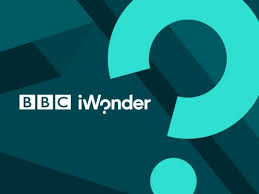



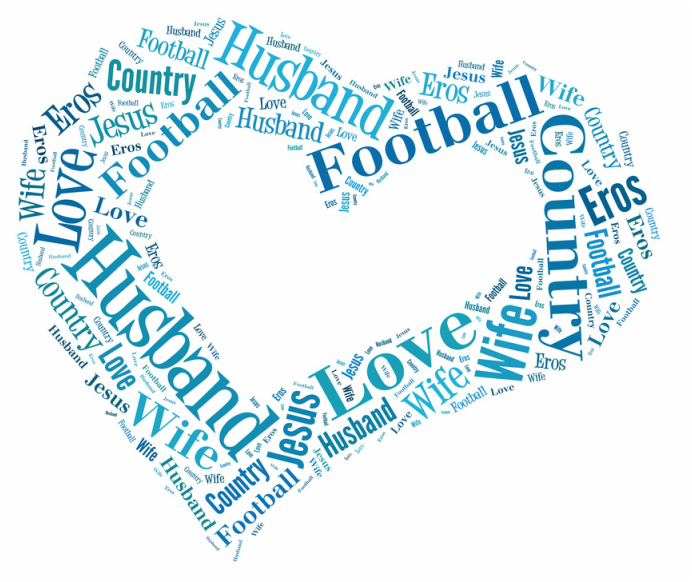


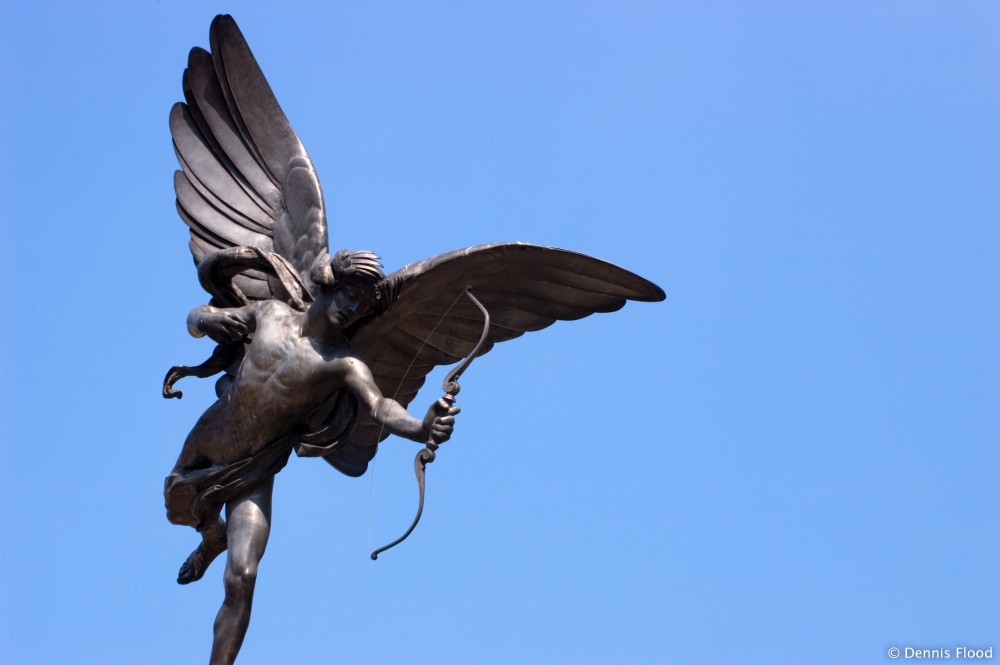

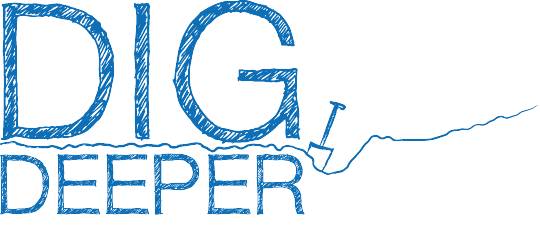

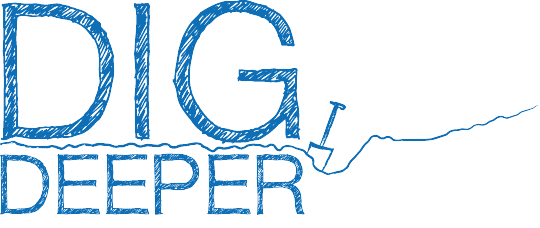
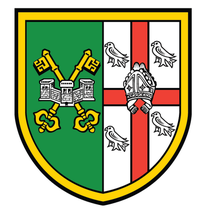

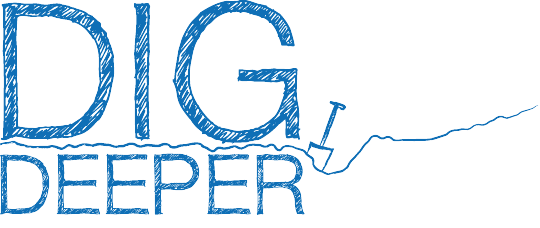
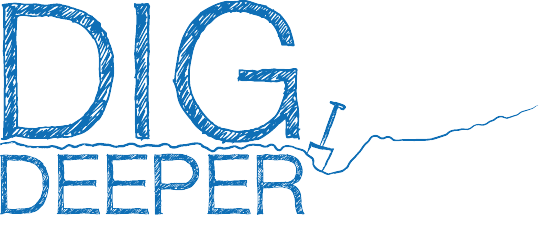
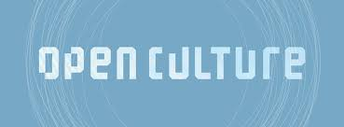

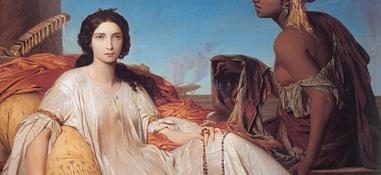
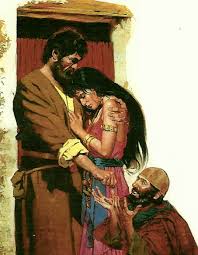
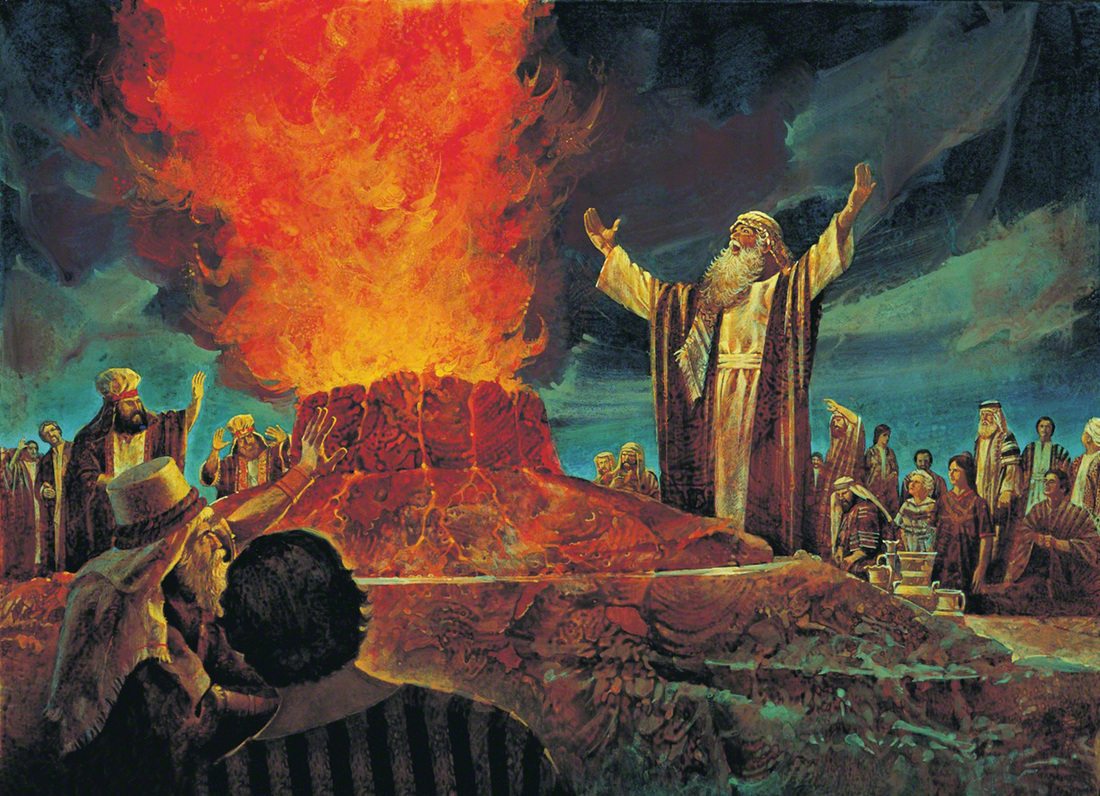
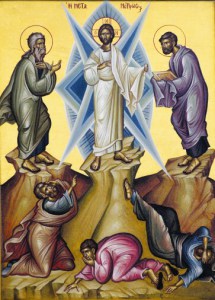
 RSS Feed
RSS Feed
